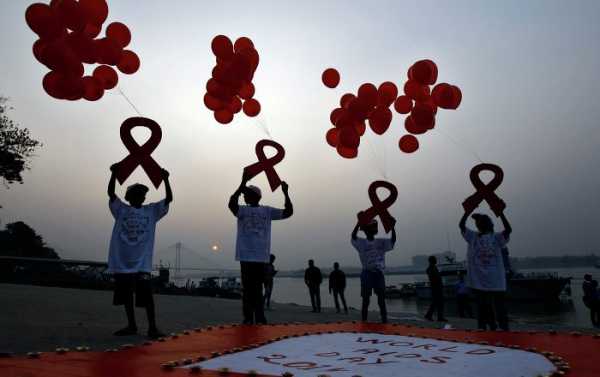
The US National Institutes of Health (NIH) will no longer be administering injections to participants in the clinical trial of an experimental HIV vaccine after a review found that the drug did not prevent infection.
The NIH’s National Institute of Allergy and Infectious Diseases (NIAID) announced Monday that its HVTN 702 study in South Africa would cease its experimental vaccine regimen for Human Immunodeficiency Virus (HIV), which involved 5,407 HIV-negative volunteers at 14 sites in South Africa.
Nearly 50% of those infected with the virus worldwide have subtype Clade C, according to research published in the Journal of Infectious Diseases.
Volunteers were administered a total of six injections over 18 months and were given the “local standard of care for preventing HIV,” which included access to oral pre-exposure prophylaxis (PrEP). If left untreated, HIV can develop into Acquired Immunodeficiency Syndrome (AIDS), which destroys sufferers’ immune systems, leaving them vulnerable to otherwise harmless infections.
The NIAID agreed with the DSMB’s determination that trials should cease, as the “investigational vaccines had not shown any efficacy,” according to the NIH group. At the same time, participants from the study will remain cared for in follow-up visits.
“The people of South Africa have made history by answering this important scientific question. Sadly, we wish the answer was different,” HVTN 702 Protocol Chair Glenda Gray asserted in the release.
While advance of the disease can be slowed by treatments such as PrEP and rendered undetectable, only two people have been cured of HIV since it was discovered in the late 20th century.
Sourse: sputniknews.com






